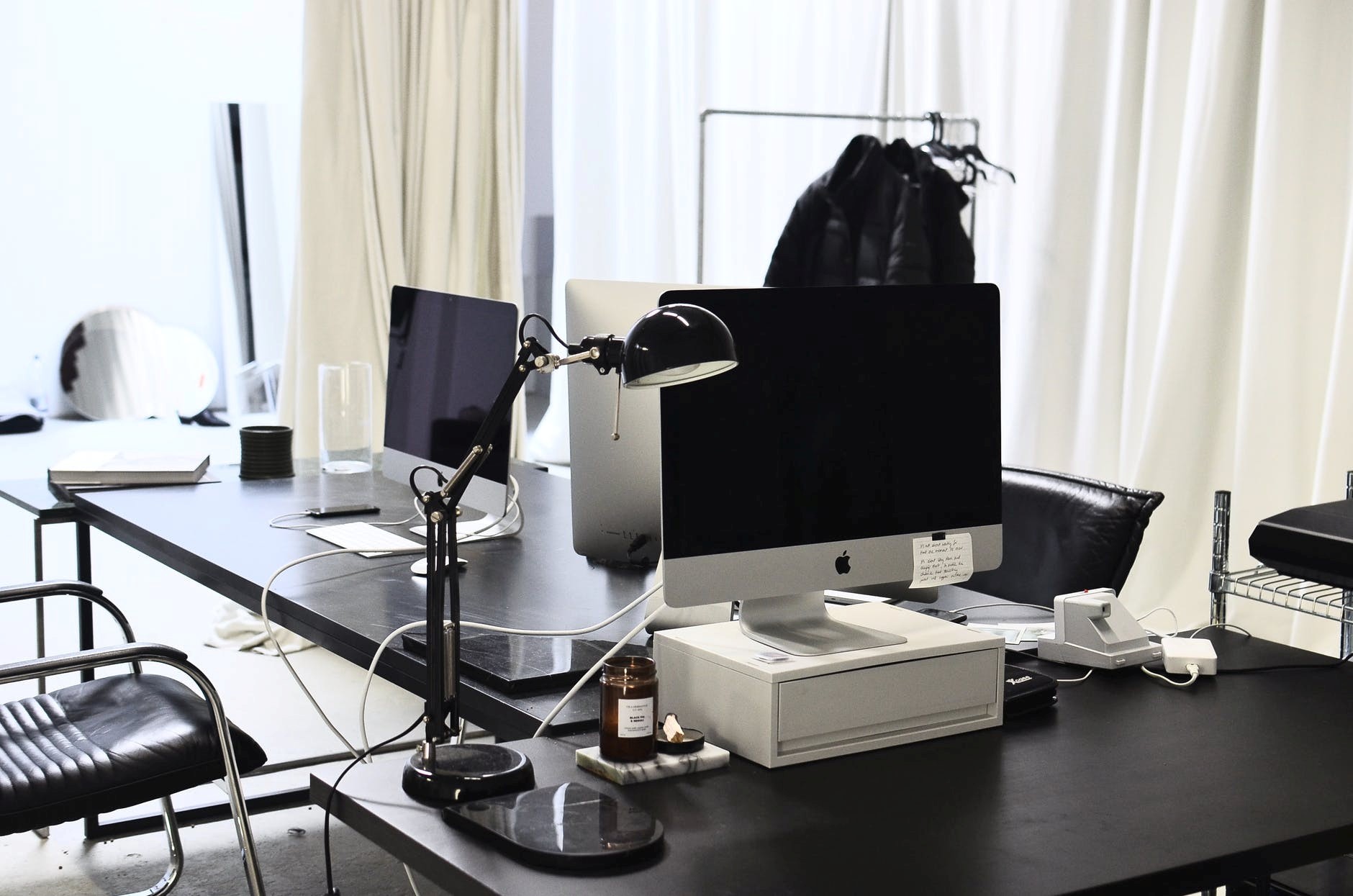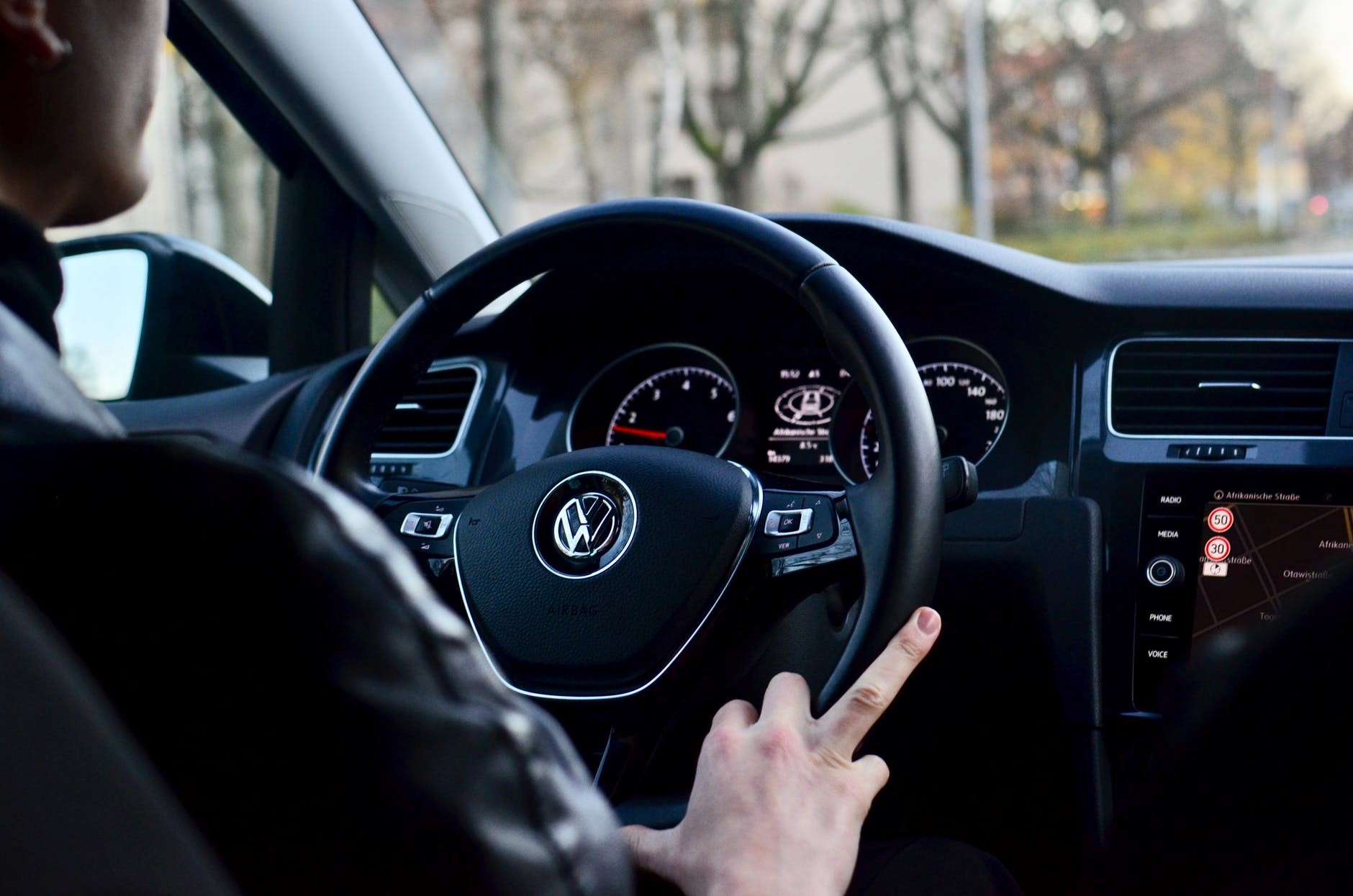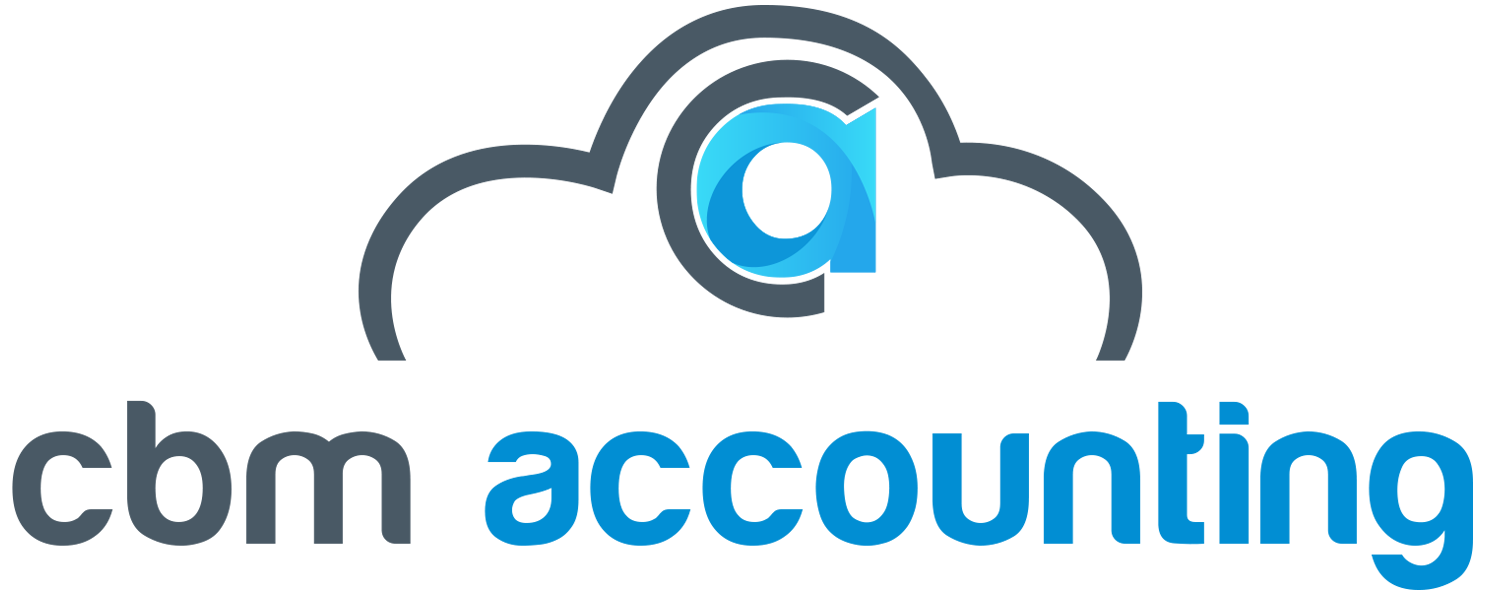If you are self-employed in the UK, you will have to file a self-assessment tax return with HMRC each year, detailing your earnings for the year and the income tax you will owe.
Calculating your costs, some of which you can deduct from your tax bill but others on which you must pay tax is a part of completing your self-assessment.
It might be difficult to complete your Tax Return, especially when it comes to the finer points, such as allowed spending. Therefore, to make things easier for you, our team of Tax experts has broken down the self-employed allowed costs.
What expenses are acceptable for self-employed?

These are some of the charges that often qualify as acceptable, business expenses when filing your Tax Return.
Expenses associated with running a business or working from home:

Rent, maintenance and repair, energy bills, property insurance, and security are all expenditures that might be claimed. Expenses for purchasing or constructing a company location are not deductible.
You can deduct a portion of your home utility expenses if you conduct your business from home. Your claim on your electricity account, for example, is based on the use of electricity for business equipment and lighting your workplace. However, you must determine the percentage of your house that is utilized for business and the percentage of the month that it is used for business.
For example, if you only use one room out of five, you may claim 20% of your electricity costs, mortgage interest, rent, and Council tax payment.
HMRC has published a Business Income Manual, which contains a chapter on the allowances available to those who work from home.
You can apply HMRC’s simplified expenses,’ which is a fixed monthly amount determined by the government, provided you work from home for at least 25 hours each month.
Monthly hours worked at home Monthly flat rate
25 to 50 £10
51 to 100 £18
101 and more £26
That fixed charge, however, does not cover phone or internet costs. By calculating the real expenses, you can claim the business part of these expenditures.
Before selecting simplified expenditures, use this government calculator to compare the flat rate to your real permitted charges.
Expenses for the office:

Business stationery, printing costs (including printer ink), and delivery can all be factored in. You can also include company equipment such as desk phones and mobile phones, office desks and chairs, computers and printers, and computer software, but if you do not practice cash basis accounting, you may have to declare them as capital allowances.
Software licenses, as well as a part of your home telephone and broadband costs paid on behalf of your business, are all permissible expenses.
Expenses for Travel:

Vehicle insurance, gasoline, hiring charges, maintenance, service, and breakdown coverage are all expenditures that may be included in a business car or van budget. Because this might be difficult to compute, you can utilize the government’s simplified vehicle expenditures, which is a fixed rate.
Vehicle Simple expenditures and a flat rate per mile
The first 10,000 km of a car or a truck 45p
After 10,000 km, automobiles, and trucks 25p
Motorcycles 24p
Compare your real permitted car expenditures to the flat rate once again.
During overnight business travels, you can also include business travel by train, bus, aircraft, or cab, as well as hotel rooms and meals.
Keep in mind that travel for meetings, site visits, and other business purposes is covered, but you can’t claim for the expense of getting from home to work, so commuting or getting to your office doesn’t qualify.
It is also worth noting that if you are traveling for both personal and professional purposes, you will need to be able to segregate the business costs to account for them.
Costs of legal and financial support:

If you need to engage a professional for business purposes, such as an accountant, a solicitor, a surveyor, or an architect, you may include the cost in your calculations.
Bank, overdraft, and credit card fees, as well as interest on bank and company loans, hire purchase interest, and leasing payments, can all be included. You may only claim up to £500 in interest and bank charges if you use cash basis Accounting.
Materials and stock:
You can add the cost of your stock, raw materials, and direct costs associated with creating your items if you make or acquire things for resale. You should include all expenses connected with manufacturing, such as machinery capital costs, service and maintenance charges, and the price of any consumables linked with the machinery, in addition to the direct costs.
Insurance for businesses:
You can add the cost of business insurance, such as public liability and professional indemnity insurance, to your budget.
Marketing:
Market research, newspaper or online advertising, directory listings, mailshots, email campaigns, free samples, and website expenditures can all be claimed as direct and indirect marketing costs.
Any site expenses or design and building expenditures linked to your stand might be claimed if you present at trade shows or exhibits.
You can deduct any expenditures connected with using distributors or agents to sell your products, including fees, training, and marketing support material.
Hosting expenses, software to set up your site, domain name fees, and any site design, administration, or maintenance fees are all included in website prices.
You cannot claim entertaining clients, suppliers, or customers, or for providing hospitality at an event.
The cost of staff:

Bonuses, pension payments, incentives, agency fees, employer National Insurance contributions, and employee training expenditures are all considered acceptable expenses.
You can also deduct the costs of hiring contractors or freelancers.
Charity donations:
You can deduct gifts to registered charities as an acceptable cost if you make them directly or through Gift Aid, for example.
Clothing:
You can include the cost of work-related uniforms, protective clothes, or costumes for performers or entertainers, but not the expense of ordinary clothing worn to work.
Subscriptions:
If they are relevant to your firm, you can add the cost of participation in trade bodies or professional membership organizations, as well as the cost of subscriptions to trade or professional periodicals.
For your tax return, you must calculate your business expenses:

- When filling out your Tax return, you may be given the choice of giving a single figure or a full breakdown of your allowed costs.
- If you opt to input a single figure, you must still correctly calculate all of your costs and keep a record of your calculations in case of HMRC questions your numbers.
- Receipts or other proof of purchase should also be kept.
- These are not required to be included with your tax return, but they may be required if you’re the subject of a tax inquiry.
- Although paper receipts have long been the standard, you can now save receipts in digital form by scanning or photographing them with your smartphone and filing them for later retrieval.
Get more information about self-employed allowable expenses by CBM Accounting:
Taxes are difficult, and making a mistake on your Tax Return can result in a penalty. Our small company accountants have a lot of expertise assisting self-employed people with the self-assessment procedure. For further information, call CBM Accounting now, or use our fast quotation feature and one of their representatives will contact you shortly.


